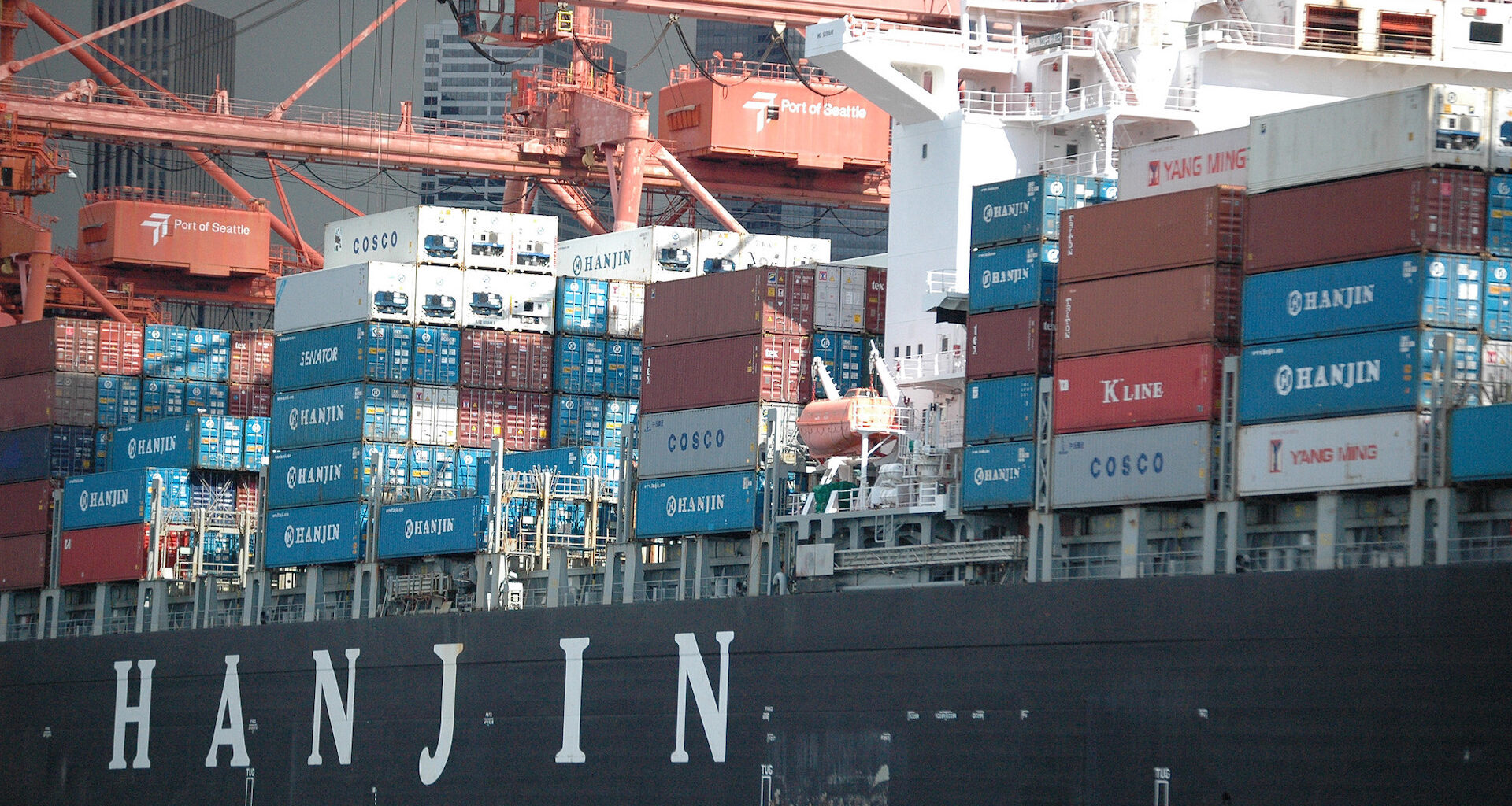The maritime industry will be required to pay for their carbon emissions after EU legislators agree to add the industry to the EU’s emission trading scheme. The legislation was agreed upon during talks on Tuesday, 29 November.
Emission Trading Scheme (ETS) holds the polluting industries responsible for each tonne of carbon emitted by the industries and therefore requires them to pay for each tonne of carbon they emit.
Under the agreement, ships travelling within the EU will be required to pay for 100% of their emissions, while 50% of their emissions will be covered for trips to or from a non-EU destination.
The agreement on the maritime sector was only one component of a larger revision of the ETS. These talks will continue, with the next and possibly final round scheduled for December 16-17.
German lawmaker Peter Liese is the European Parliament’s chief negotiator on the issue. He stated that implementation of the agreement will result in 120 million tonnes of carbon savings, which is double the amount saved by the much-publicised EU ban on the sale of polluting vehicles.
Liese described the agreement as historic, saying it will not only reduce carbon emissions but also help to improve air quality in coastal cities. “Emission trading will force shipping companies to invest in clean technologies, otherwise they will have to pay a huge amount of money. And I have clear indications that shipping companies will go green – they will decarbonise and clean up their processes.”
Ships over the weight of 5000 tonnes will be required to comply with the legislation. This leaves room for exploitation where companies may produce ships of 4999 tonnes that will not be required to comply. For this reason, Liese said that the legislation will be reviewed by the European Commission in the coming years.
Luxury yachts are, however, exempted from the ETS agreement even though the legislators have plans to cover them under future legislation.
Concerns over international competitiveness stymied progress in incorporating the maritime industry into the ETS, but the development of this legislation and inclusion of the maritime industry to the ETS shows that these concerns have been overcome.













